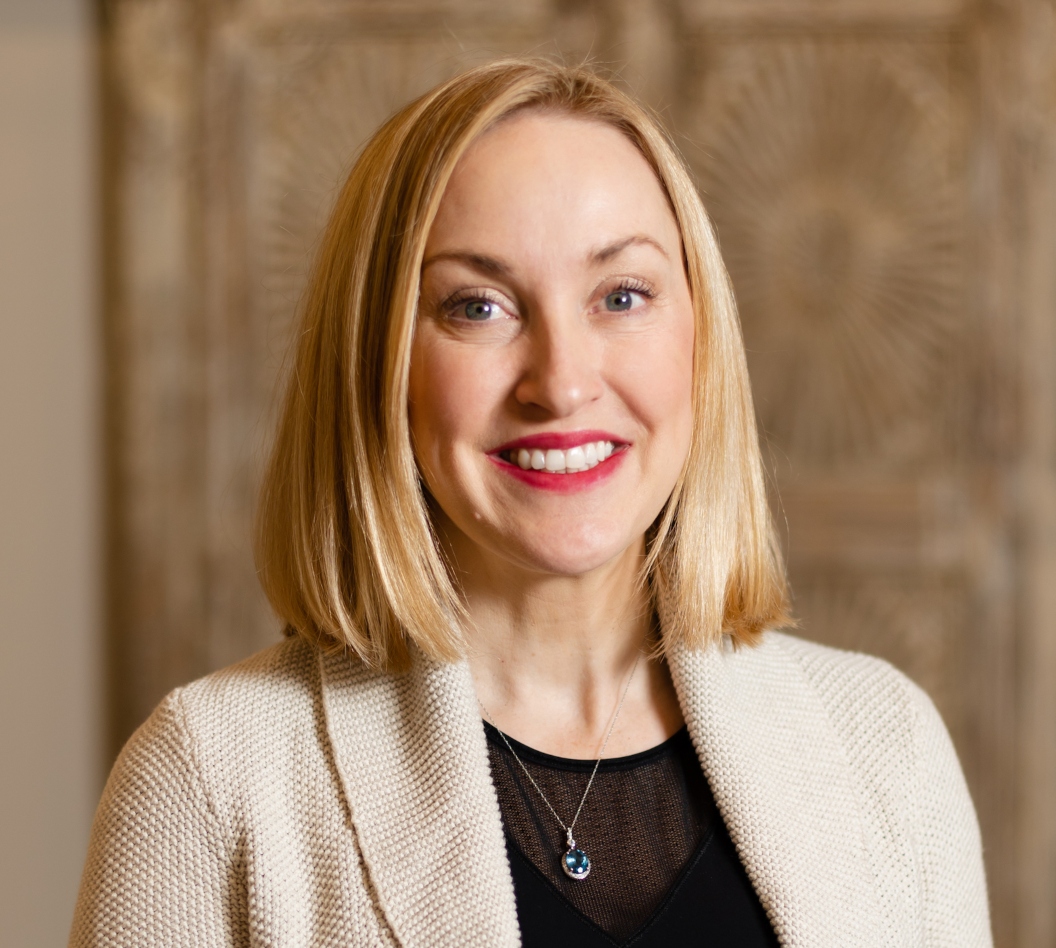Dr. Jessica Wright encourages breast cancer survivors to be advocates in their own sexual wellness.
By Allie Justis, Photos provided by Rejuvenate Austin and Ömürden Cengiz
Breast cancer awareness month has come to an end. However, it’s still important to continue to be aware of the struggles that breast cancer survivors face. About 1 in every 8 women will get the disease in their lifetime.
One of the least talked about issues facing women who have gone through breast cancer is how all of the treatments often lead to the early onset of menopause, as well as long-term sexual dysfunction.

This is where Dr. Jessica Wright comes in. The owner and medical director at Rejuvenate Austin, she has been in the medical field since 2011. She knows just how important sexual wellness is to a woman’s confidence and self-worth.
“I think that when we talk about sexual wellness, a lot of times we often move over to talking about sexual dysfunction and loss of function in the sexual arena,” Wright says. “But it’s so important to keep in mind that to have true wellness as a human being, people do need sexual function. Sexual wellness is a very broad term that encompasses men and women, though admittedly I treat more women. It’s a new emerging field that everybody should consider and make a priority.”
Wright mentions the long-term effects of radiation on sexual function. How it can kick women when they’re already down in a sense.
“When you get radiation to your breasts, a lot of [the]time it can give you an asymmetrical appearance. As if it’s not already enough that you have skin changes and radiation, a lot of women will experience fatigue too,” Wright continues. “Then chemo can cause nausea, vomiting, hair loss and all the things we usually associate with chemo. So the treatment for breast cancer can really leave women feeling not sexy.”
Wright started her practice after having gone through her own struggles when she hit menopause at 40. As she went through her own experience, she saw the need for clinics based around sexual wellness.
“It was this big learning experience for me,” says Wright. “I’m actually thankful for all that struggle now. It got me to become interested in functional medicine, and then I started my next journey which I’m on now.”
Wright is almost finished with a fellowship in functional medicine, for which she will be board certified by the summer of 2021.
While breast cancer survivors cannot have every treatment that Wright offers in her practice for safety reasons, she still offers the O-shot and the Juliet Laser as two legitimate options for vaginal rejuvenation. Wright usually combines the two treatments for the best possible outcome for her patients.
Wright also brought up the point that for many breast cancer survivors, a doctor’s office can be a traumatic place. This is why she has endeavored to make her practice feel as comfortable as possible.

“We are a doctor’s office and we function like a doctor’s office. But it feels like a spa here. We do our best to make patients feel very comfortable,” says Wright. “Women put their personal health on the back burner a lot. I think that even a little investment in yourself can have far reaching effects.”
Wright doesn’t believe in the idea of predatory sales-based medicine and wants to create a safe environment for her patients. “We’re very upfront with our expectations, what the cost is going to be moving forward and possible maintenance,” Wright says. “There’s really no commitment in the first meetings. None of my providers are ‘hard sales’-type girls, and I’m not either.
“I’m just here to educate you,” Wright continues. “Come in and tell me what your insecurities are. Tell me what issues you’re having with your skin, body, wellness, and I will give you my best opinion with no pushy sales tactics.”
Wright wants women’s personal wellness to come back to the top of the priority list. She says that the best way to do so is to be an advocate for your own health.
“My patient isn’t living her best life if her sexual wellness isn’t addressed,” says Wright. “I think it’s good for women to know that these options are out there, because I think it is a very personal decision to get these treatments. It is up to the patient to go seek out this treatment because no one is going to tell you if you don’t ask. “Patients have to sit down and think, ‘Okay, how am I going to take care of myself moving forward?’” says Wright. “It’s easy to not make sexual wellness a priority. Women are programmed socially to put themselves dead last. But you can’t take care of other people until you take care of yourself first. It’s time to invest back in you.”


